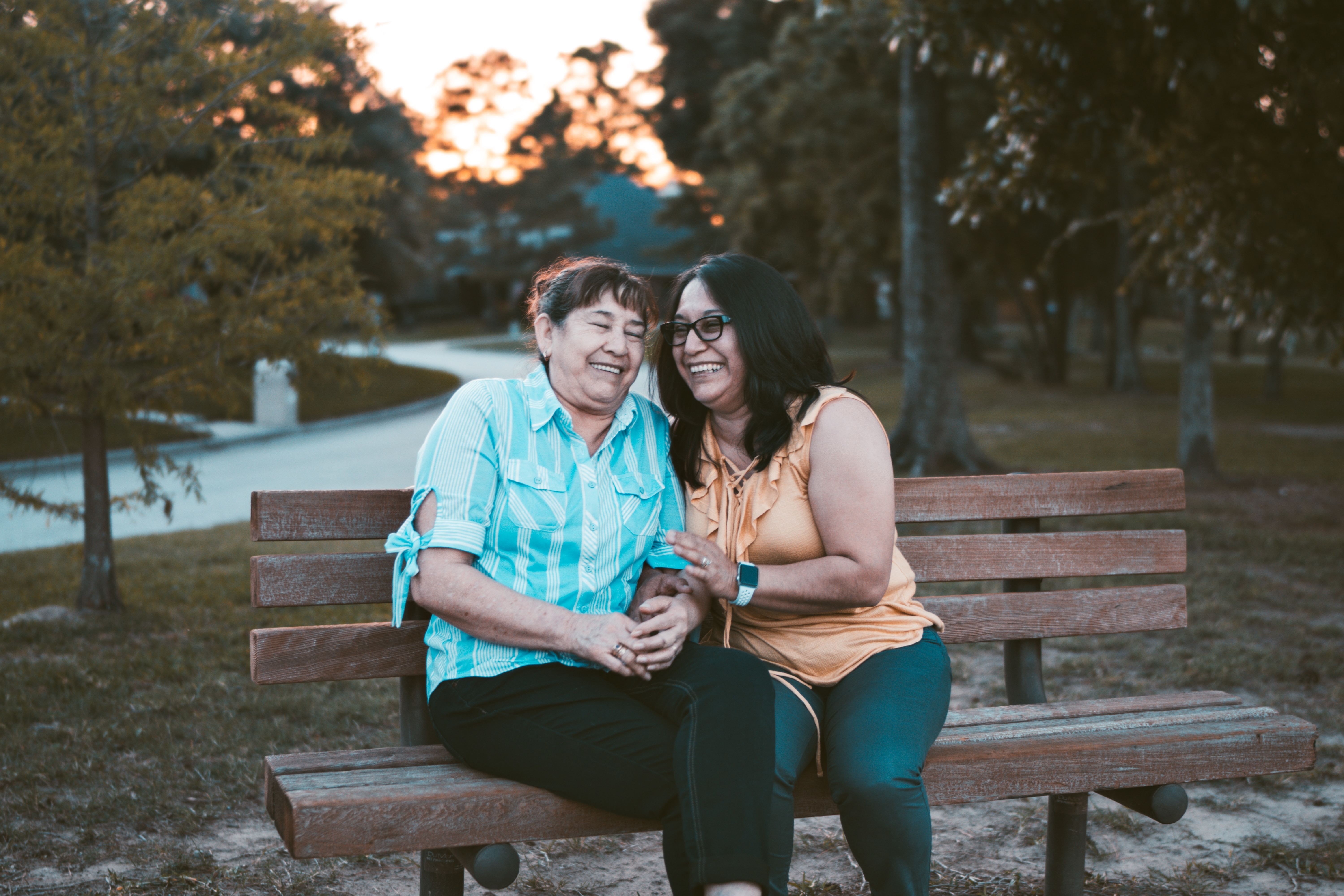Sjögren’s and COVID-19: The Virus and the Vaccines
By Dr. Arthur Bookman MD, FRCPC
1. What is COVID-19?
COVID-19 is the name of coronavirus SARS-Co-V2. A coronavirus is an RNA virus with spikes projecting from its surface that look like a crown. The spikes are the mechanism that the virus uses to attach itself to the cells of infected airways where it is inhaled through droplets from a contagious contact. The spike protein attaches to a cell receptor called ACE2 (angiotensin converting enzyme 2), a protein which is on the surface of many types of cells, particularly respiratory, bowel and blood vessel lining cells.
2. What is a COVID-19 infection?
The infection starts most commonly as a respiratory tract infection, but occasionally as diarrhea. Some people only have muscle aching and mild fever. However, unfortunately in some individuals, the virus can become very aggressive, invading the lungs to cause pneumonia. Some patients develop a violent immune reaction to the viral spike protein, resulting in a ‘cytokine storm’, an overwhelming release of immune activation protein, resulting in kidney and respiratory failure. The inflamed blood vessels can lead to clots with strokes, dead tissue and pulmonary emboli (blood clots to the lungs).
3. What affects hospitalization and mortality?
Hospitalization and death is affected most by pre-existing chronic medical conditions such as emphysema, uncontrolled diabetes, morbid obesity and coronary artery disease or congestive heart failure. There is a 20 fold increase in mortality in people over 80 years of age. Interestingly, pre-existing immunological conditions, such as Rheumatoid Arthritis and Systemic Lupus Erythematosus do not in themselves cause increased risk of mortality. Most Disease Modifying Anti-Rheumatic Drugs and even therapeutic immunosuppressants do not affect survivorship or mortality. High dose prednisone (> 10 mg ) seems to be associated with hospitalization and mortality. There may actually be fewer hospitalizations among patients on anti-TNF biologics such as Etanercept (Enbrel) and adalimumab (Humira). Rituximab use may be associated with a greater risk of hospitalization or mortality but the facts are not yet well established.
4. How does COVID-19 affect people with Sjögren’s?
There is only a small amount of information available on patients with Sjögren’s. Extracting information from the European ‘Harmonics Project’ accounting for a combined database of over 8ooo patients, 51 were identified with COVID-19 infection. Half were admitted to hospital, four were placed on respirators and four (all hospitalized in ICU) died. Obesity, worse pulmonary infiltrates on x-ray and a low white blood cell (lymphocyte) count is associated with higher chance of hospitalization. Overall, the mortality in patients with Sjögren’s is not increased over other patients who get COVID-19.
5. What Vaccines are best for people with Sjögren’s?
There are 58 vaccines in development worldwide. These have been developed in an accelerated fashion because of new technology. In Canada, Pfizer and Moderna vaccines have hit the market first. These are messenger RNA (mRNA) based products. They were made possible due to the tremendous background research that led to the complete identification of the COVID-19 genome by Chinese scientists by March 2020. A fragment of the viral RNA has been isolated and is responsible for making the spike protein that our immune systems recognize. By packaging these mRNA fragments in ‘nanolipid envelopes’, the mRNA can dissolve across our cell membranes after injected into our arms. Inside the cells, the lipid nanoparticle dissolves, releasing the mRNA to settle inside the cell and conscript the cell to manufacture spike protein. Our immune systems recognize these spike proteins as they emerge onto the surface of these cells and into our circulation. Consequently, we become primed to immediately react to a COVID-19 virus invasion and kill the virus off before it can proliferate in our bodies. Other vaccines use inactive adenovirus (which cannot replicate) to package the mRNA fragment and transport it into our cells after injection. The NOVAVAX vaccine that we will be producing in Canada by 2022 is the combination of the spike protein itself attached to a web-like vegetable protein that acts as an “adjuvant”. The adjuvant ‘revs up’ our immune response to cause us to react to the spike protein and make antibodies that protect us against COVID-19. There is little difference in the efficacy of these products (about 90% for each). Allergic and adverse response is VERY rare. Achiness of joints or muscles, low grade fever and lethargy can occur for 24-48 hours after the injection.
6. Since Sjögren’s is an immunological condition, will it affect how one reacts to the vaccine?
Sjögren’s patients should accept the opportunity to get vaccinated. None of the vaccines on the Canadian market are contraindicated by the condition or by any of the drugs that you take for the condition. Hydroxychloroquine has been shown to be ineffective for preventing COVID-19 and also will not affect your response to the vaccine. If a patient with Sjögren’s is on an immunosuppressant drug such as prednisone, methotrexate, or rituximab, it would be important to discuss the timing and dosing of the medications with the attending physicians prior to vaccination. Some of these drugs might affect the benefit one receives from the vaccine by blunting antibody response.
Conclusions: If you have Sjögren’s, you can be reassured that there is no evidence to date that the condition itself or any drug used to treat it puts you at risk for a worse outcome. Your general health and age are more important considerations. There are no contra-indications that prevent you from becoming immunized, and patient’s with Sjögren’s are advised to go ahead and take the vaccine for COVID-19.


